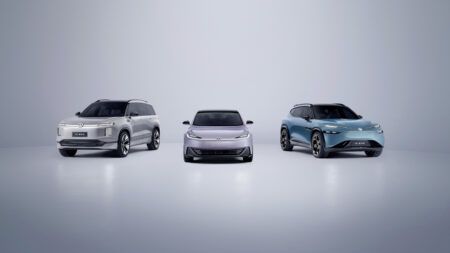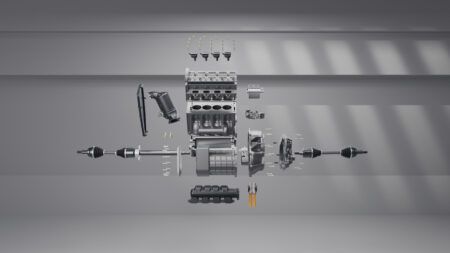Our industry is undergoing the most fundamental transformation since the dawn of the combustion engine over a century ago. It is obvious and now inevitable that electrification is the future, with the only remaining question being how fast. I have been writing articles for this magazine for over a decade and it should be pretty clear that I am firmly on the side of electrification as quickly as possible. I am on this side because the evidence is overwhelming that humans are causing climate change, and without rapid action it is going to be difficult and expensive to sustain a decent way of life for everyone and prevent significant damage to the eco-system that supports us.
I try not to be a technology evangelist and I therefore read and listen to people with different views. I don’t think you can be an objective scientist or engineer without doing this. Echo chambers are dangerous. Therefore, I believe in using whichever technology is most appropriate. In most cases that is batteries, but it looks like fuel cells will still offer advantages in some applications. However, scaling up the fuel cell industry and hydrogen production from electrolysis using renewable electricity is the only long-term solution, and both will take decades. In contrast batteries and renewable electricity are already produced at scale.
However, there is also another option, eFuels, a synthetic fuel that can be made using renewable energy. The argument for eFuels was most recently used to lobby the EU to allow the sales of combustion engine passenger vehicles beyond 2035 if they only run on climate neutral eFuels. The arguments presented on paper by those in support of eFuels are well constructed, but they rarely mention a significant problem. If we need to reduce emissions as fast as we can then every renewable electron should be used to displace as much fossil fuel combustion as possible. Some papers estimate the total lifecycle efficiency of an energy system based around eFuels could be 20% efficient or less, compared to around 80% for electric vehicles with batteries. Therefore, using eFuels would displace 75% less fossil fuel combustion than using electric vehicles. In addition, most studies show they would be significantly more expensive too.
Those promoting eFuels must know this. Therefore, why are they still promoting them? I can think of only two plausible reasons. An excuse to delay, to justify continuing the status quo, or to defer expensive investments. Alternatively, those promoting eFuels don’t believe in climate change, or don’t care. This is more dangerous, and worse, because they are using climate change in their arguments which is deliberately deceptive, AKA greenwashing. The big shame is, that we will probably need eFuels for those parts of the transport system that are hard to electrify, such as aviation or heavy goods vehicles. Here the inefficiency and cost will be overcome by a lack of other options. However, by promoting them more widely, the wolves in sheep’s clothing might be damaging the prospects for a technology that might actually be needed in the long run.





